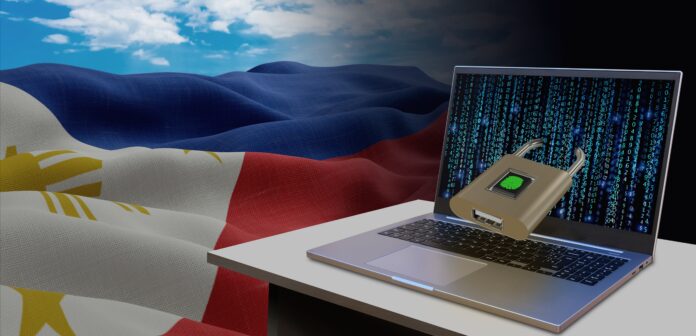The Philippines recorded a 49 percent increase in data breaches in the third quarter of 2025, exposing more than 52 million credentials in just three months, according to Viettel Cyber Security, one of Asia’s leading cybersecurity firms.
“Cybersecurity isn’t about fear, it’s about foresight,” said Thomas Luu, country manager at Viettel Cyber Security. “As the Philippines accelerates towards digitalization faster than ever, the importance of security must not be overlooked. Organizations who innovate without the necessary protection in place become vulnerable to risks. Cybersecurity isn’t just a safeguard—it’s an enabler of sustainable digital growth,” he added.
Viettel’s Q3 2025 Cyber Threat Landscape Report reveals that AI and deepfake technologies are reshaping the nature of cyberattacks. Criminals are deploying AI-generated videos, cloned voices, and fake executive communications to deceive employees and partners. These tactics, combined with AI-assisted malware, have made attacks faster, more targeted, and harder to detect—ushering in what Viettel describes as an era where “deception has become industrialized.”
The healthcare sector has become the most targeted industry, driven by the high value of patient data and the digitalization of health systems. Hospitals and clinics are facing ransomware assaults that disrupt critical operations and compromise sensitive medical information. Finance and e-commerce sectors remain vulnerable to phishing, credential theft, and data exfiltration, while manufacturing, energy, and public services face rising threats from ransomware, supply-chain breaches, and advanced persistent threats.
The wave of cyberattacks is not confined to institutions. Ordinary Filipinos are increasingly being victimized as leaked data fuels fake job postings, e-commerce scams, and fraudulent loan applications. Those who reuse passwords across accounts and small businesses lacking robust cyber defenses are particularly at risk.
To counter these escalating threats, Viettel Cyber Security recommends a four-pronged strategy: consistent patching and software updates, offline data backups supported by clear recovery plans, continuous employee training to minimize human error, and 24/7 threat monitoring through managed security operations center (SOC) services.
“Cybersecurity has become a marker of leadership and trust, especially in an increasingly digital economy,” Luu said. “At Viettel Cyber Security, we partner with organizations to build resilience through managed SOC services. Our SOC empowers businesses to enhance operational efficiency and security management, helping them overcome workforce constraints while ensuring 24/7 protection against evolving cyber threats,” he added.
The surge underscores not only a growing national security and corporate risk but also broader economic implications, as cyber resilience becomes an essential foundation for the Philippines’ digital transformation.







